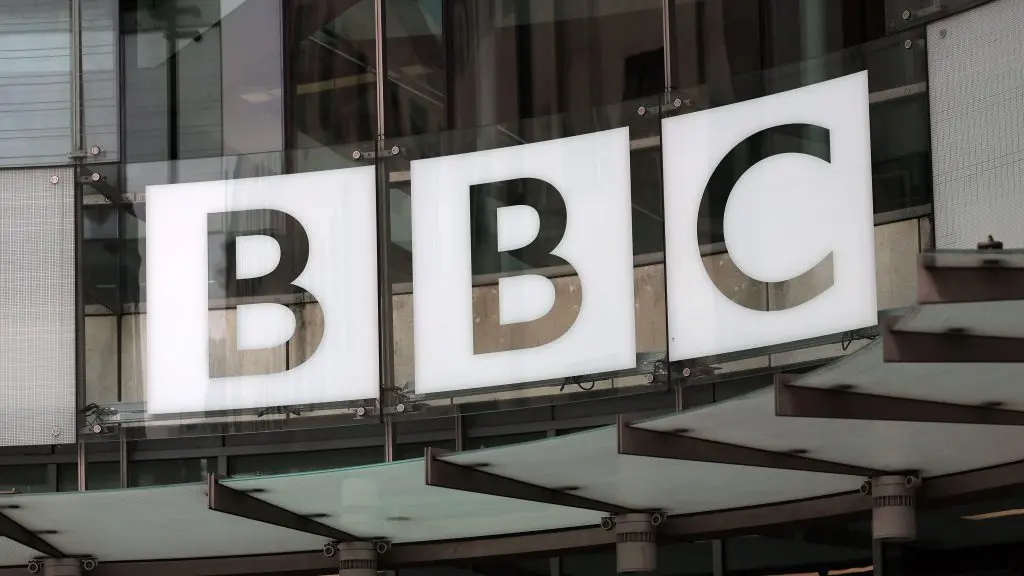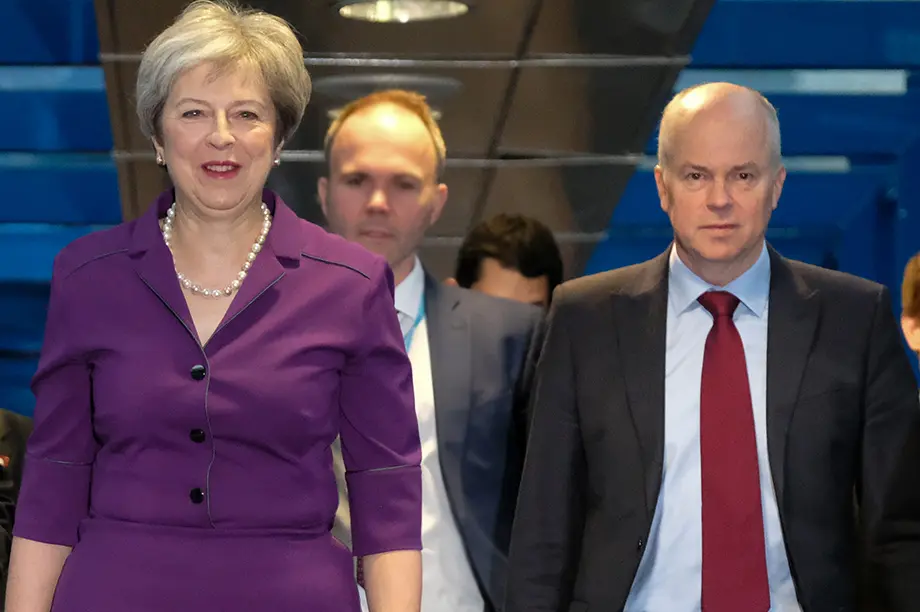
Photo: EPA
The recent abrupt resignations of both Director-General Tim Davie and News CEO Deborah Turness at the BBC (following controversy surrounding a show edit of the broadcaster’s flagship investigations programme Panorama) have laid bare not just an editorial crisis but also the harrowing intersection of politics and governance at the BBC.
The heart of the debacle is a leaked internal memo from former independent standards adviser Michael Prescott. He accused the BBC of “serious and systemic” bias on topics including the U.S. election, Gaza, and transgender issues. The current controversy was triggered by the edit of a speech by Donald Trump on the day of the infamous January 6th Capitol Riot in a show by Panorama which aired ahead of last year’s US presidential election and is accused of omitting key context.
This latest episode regarding BBC impartiality reveals not just a simple error of editorial judgement, but something more structural. The broadcaster seems to sit in a space where public service, journalistic independence, and political scrutiny all collide. On one side, the BBC must fulfil its Charter obligations of impartiality and public service. On the other, it is subject to oversight by the UK government and parliament, which opens the door to partisan political pressure on how it reports key issues. A problem which has intensified in recent years due to the increased splintering of British politics mainly following the 2016 Brexit referendum.
While the editorial buck must stop at the top, the resignations of Davie and Turness are being viewed as the outcome of sustained political pressure from within the BBC Board. For example, board member Robbie Gibb, a former Conservative communications advisor, has been accused of pressing the BBC over editorial decisions, prompting a charge by Liberal Democrat leader Ed Davey that “to ensure the BBC’s independence… the government should end the practice of political appointments altogether.”
Gibb has sat on the Board since his appointment in 2021, despite being a well known Tory activist and having previously served as Director of Communications under Theresa May during her time in 10 Downing Street.

Robbie Gibb with former UK prime minister Theresa May. Photo: Getty Images.
This is only the latest in what has been a long line of impartiality issues at the BBC. The broadcaster’s former chairman, Richard Sharp, resigned in June 2023 following a review of his appointment process when it came to light that Sharp failed to declare at the time of his appointment that only a few weeks prior he acted as an intermediary that saw Boris Johnson in receipt of an £800,000 loan. Having been appointed by then Prime Minister Boris Johnson in 2021, Sharp’s appointment was widely regarded as political in nature.
Even the position of Tim Davie as the Director-General, or Editor-in-Chief, is extremely questionable, having previously run unsuccessfully as a candidate for the Conservative Party in Hammersmith & Fulham council elections in 1993 and 1994, despite a long standing subsequent career in the BBC from 2005 prior to his appointment as DG in 2020.
Many Tories and even now Reformers will see the appointments outlined above as necessary to combat a deep lying left-leaning media bias within the BBC that favours politics of a liberal and progressive stance at the detriment of conservatives and those on the right of the political spectrum.
Going forward, a review of the appointments process for senior leadership at the BBC and its Board needs to be examined, as the current system is not working unless the goal is to continue to lose public trust in the public service broadcaster.
With the DG role now vacant and the Board under scrutiny, the BBC faces a convergence of crises from editorial trust and governance legitimacy to funding renewal. The current Charter expires in 2027, which makes the selection of a new DG and board composition a critical moment for the broadcaster’s future.
If the current perception continues to take hold that the BBC is riddled with partisan political influence and its governance is compromised, then the legitimacy of its role as a public service broadcaster is at stake. However, it must also countenance the threat that comes with retreating behind rigid neutrality to avoid offence or frivolous accusations of bias, as this risks becoming irrelevant in a fast changing media landscape.
Either way, the BBC can no longer afford withstanding political criticism of bias while being run and governed by political operatives. Leave the politics to the politicians and news to independent, non-politically associated journalists.
Dylan Morley
Dylan Morley is a Corporate Communications and Public Affairs Manager with Fuzion.







